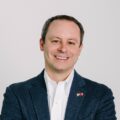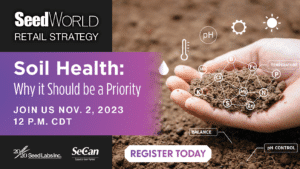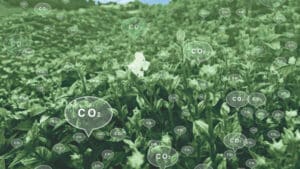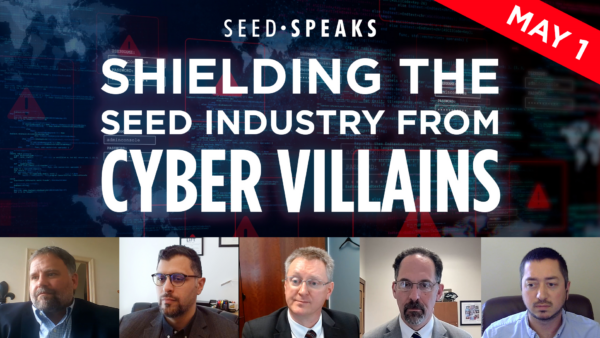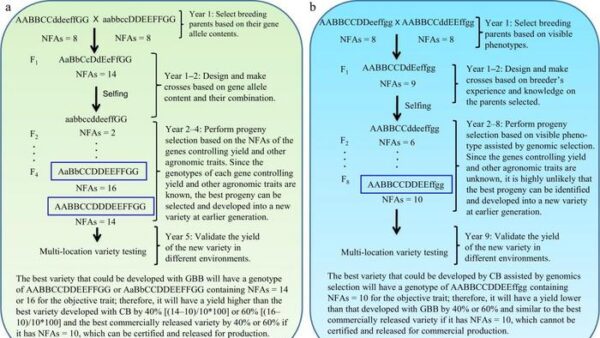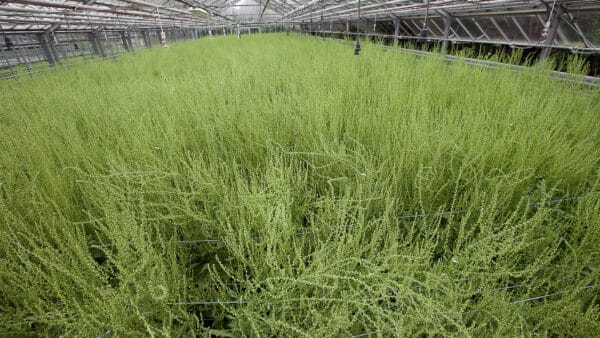Americans experienced one of the world’s harshest droughts during the Dust Bowl in the 1930s. Farmland was stripped clean, and livestock were choked by the dust. Tens of thousands fell into poverty. From those dark days (literally, due to dust clouds blocking out the sun), emerged better soil conservation practices and increased protection of wetlands and other sensitive areas. One organization formed as a result was Ducks Unlimited.
Ducks Unlimited was founded in 1937 by sportsmen who saw the devastating impact the Dust Bowl’s weather and farming practices had on ducks. They came together to protect waterfowl habitats to ensure the birds would survive.
For 75 years after its founding, the number one goal for Ducks Unlimited was preservation of duck habitats. The group measured its success by the number of nesting ducks protected for every $1 raised. The formula worked and the organization grew.
But about 10 years ago, a new business model emerged. The public interest in the protection of ducks was greatly outmatched by the interest in protecting the land the ducks nested on. Here, Ducks Unlimited found an opportunity to grow the organization in a whole new way.
Ducks Unlimited responded by repositioning its messaging and recalibrating its measures of success. They focused on preventing soil erosion, protecting coastal waters, mitigating storm damage and sequestering carbon. This change allowed it to establish partnerships with global companies, such as Coca-Cola. At the American Seed Trade Association’s Leadership Summit in Indianapolis in June, Ducks Unlimited CEO Adam Putman talked about this change during the session “Leading Through Sustainability.” Listening to the courage and vision that it took to strike out in a new direction for such a historic organization was inspiring!
In some ways, seed companies are like Ducks Unlimited was ten years ago. They’re built on a legacy of success with trusted relationships and a strong connection to improving lives and the land. But that model is under pressure. Seed companies are caught in the middle between their suppliers and customers with little room to realize margin, all while taking an immense amount of risk.
The question then is, how can your business pivot like Ducks Unlimited did? What hidden value can your company unlock? How can your core competencies be leveraged in a new way?
Our world and the seed industry are both at a moment of transformational change. It was incredible to learn how Ducks Unlimited was able to make such a bold reinvention. Who knows … in a few years maybe the next generation will be inspired by a transformational change your business achieved!



